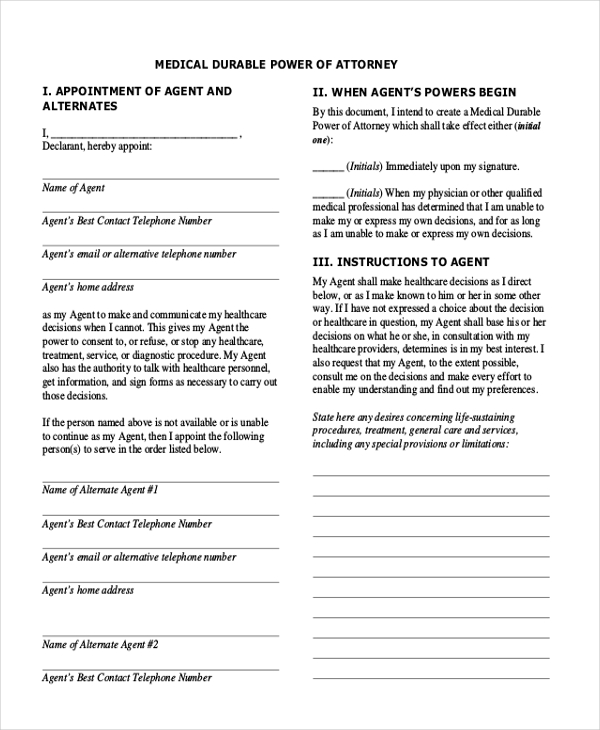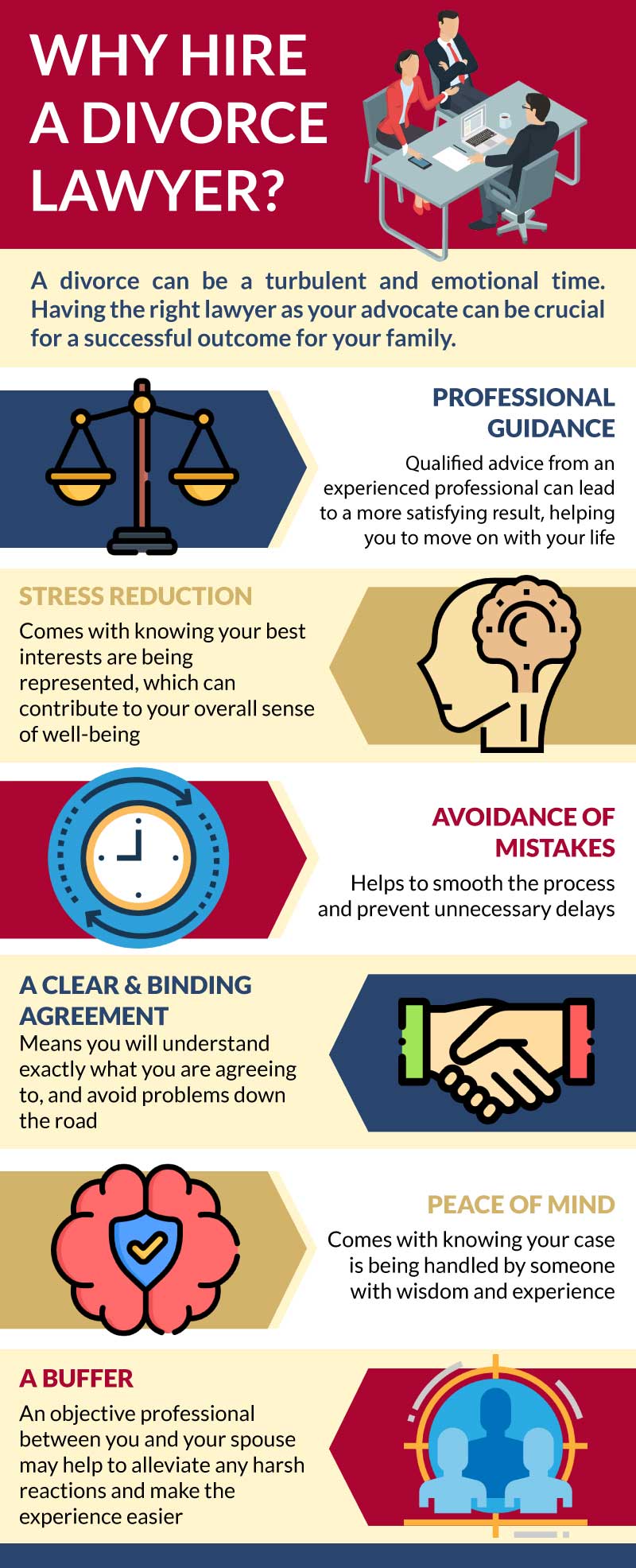A typical real estate transaction begins with a buyer and a seller agreeing on the purchase price and items included in the sale. Most often the parties will have been brought together through the efforts of a real estate agent. In New Jersey real estate agents are allowed to prepare standard residential real estate contracts.
However, both parties are allowed the opportunity to have the contract reviewed by an attorney who can terminate the contract or propose changes to the contract. The buyer and seller have 3 days from the full signing of the contract to have an attorney review the contract. The attorney review is a critically important step in a real estate closing. A realtor prepared contract contains generally acceptable and standard language. However, each real estate closing is different and what may be acceptable in one transaction may not be acceptable in another.
The role of a lawyer in a real estate transaction is to provide protection for his client and insure that clear title is transferred. Engaging the services of a lawyer early in the process improves the likelihood that the closing will take place without difficulty. When should you have an attorney review a real estate contract? In New Jersey, we have what is known as "attorney review." Attorney review is a court-approved agreement between attorneys and Realtors. In essence, the buyer and seller sign the contract and then it is reviewed by the attorneys.
The concept is to allow realtors to "strike while the iron is hot" and to allow the parties to sign the contracts first and then to have attorney review the contracts later. Taking advantage of the attorney review period is important for both buyers and sellers. While all real estate contracts in NJ must be written in "plain language," the fact remains that some confusing legal concepts will make their way into virtually every real estate transaction. Working with an experienced real estate attorney can ensure you are getting the best advice on the ins and outs and specific legal language of real estate law. You do not want to find yourself bound to a contract that includes terms that you never fully understood. The attorney review period gives you time to work closely with your attorney so that you have a solid grasp on your rights and responsibilities as set forth in the contract.
In 1983, the New Jersey Supreme Court affirmed a final consent judgment for a settlement agreement between the New Jersey State Bar Association and the New Jersey Association of the Realtor Boards. The terms of the settlement provided that real estate brokers and salespersons may prepare contracts to sell or lease real property, so long as a standard form is used that includes a three day period for attorney review. Plaintiffs Michael Conley Jr and Katie M. Maurer made an offer to purchase a condominium from defendant Mona Guerrero , and, a few days after, the Seller signed and executed the contract.
Attorney review is a 'time-out' period of a minimum 3 business daysrequired by New Jersey law. The 3 day clock begins ticking when the buyer and seller have both signed the contracts but remember, weekends and holidays don't count. Either lawyer can, and usually should, "disprove" the contract. They can then make changes to it by sending riders back and forth. It's very important for you and your realtor to be copied on these riders so everyone knows what is going on. Once everyone agrees to all the changes, you will "sign off" on attorney review and the contract becomes binding.
If the attorney fails to disprove the contract as required by the real estate commission rules, attorney review ends at the end of the 3 business days and the contract automatically becomes binding. When it comes to NJ real estate transactions, first-time buyers or sellers can find themselves under-informed when it comes to their rights and responsibilities during the sale of a home. Real estate contracts are complex documents that may be difficult for many people to understand as well as they need to. In New Jersey, buyers and sellers have the right to a 3 day attorney review period to ensure that their best interests are being met. First, it is important to note that before signing a legal document, such as a contract, it is important to have it reviewed with an attorney BEFORE signing.
In the State of New Jersey, the realtor prepares the contract on a standard form. The buyers and sellers then participate in a three business day attorney review period. The review period commences when an attorney for either party sends a letter stating that they disapprove of the terms contained in the proposed executed contract. Modifications to the contract may be made by either or both parties.
The attorney review period is concluded upon all parties' agreement to the original contract and the modified terms of it. The contract may also be cancelled by either party during the attorney review period. A contract prepared by a realtor is called a realtor prepared contract.
Only a realtor prepared contract is required to have a 3 day attorney review provision. This permits the buyer and seller to sign a contract and cancel within in 3 business days, by having an attorney send a "notice of disapproval". A buyer and seller can concentrate on the basic terms of the contract, price, closing date, deposit amount, and mortgage amount and review the fine print with an attorney after the contract is signed.
A real estate transaction presents dozens of issues to deal with and keep track of during the process from contract to closing. A real estate lawyer who has conducted hundreds of real estate transactions has the expertise and experience to identify and deal with these issues so that your interests are protected. The legal fee to have an attorney represent you is relatively modest, and well worth it for all of the protections you will receive by having an experienced attorney represent you.
When you ask real estate attorney Jeffrey S. Walters to represent you with your home purchase or sale, you will have the confidence of knowing that he is looking out for you from the very start. He will be protecting your interests from the time you sign the Contract, through your home inspection, title report and finally, at the closing table. At closing, he will be sitting by your side, thoroughly reviewing and explaining all of your documents, and spotting issues which need to be corrected and addressed to protect your interests. The Buyers sued for specific performance, claiming the contract was enforceable because the Seller's notification of disapproval was sent improperly. The Court concluded that, because the Buyers received actual notice of disapproval within the three day attorney review period by a method of communication commonly used in the industry, the notice of disapproval was valid.
What Does Attorney Review Mean In Nj The attorney review period within which this notice must be sent remained three business days. Almost all real estate transactions begin with the signing of a real estate contract. This document is the most important document in the entire transaction. The contract sets forth the rights and obligations of the buyer and the seller. The contract sets forth what I call the essential terms of the contract, as well as the other terms.
The essential terms are the identity of the buyer and seller, as well as the purchase price, closing date, the type of deed the seller must provide and what appliances and fixtures are included in the sale. Every New Jersey real estate contract prepared by a real estate professional other than an attorney must contain a three day attorney review clause. The attorney review clause provides both buyers and sellers with three business days after execution of the contract of sale to obtain a New Jersey attorney to review, disapprove, and propose changes to the contract. The state of New Jersey allows for a 3 day attorney review period to begin after a contract of sale has been signed by the buyer and seller and a copy has been delivered to both parties. This 3 day period allows both parties ample time to retain a real estate attorney who will review the contract. The attorney will either accept/approve the contract as-is, make changes to it, or cancel it all together.
The Supreme Court held that in this case, because Buyers received actual notice of disapproval within the three-day attorney-review period by a method of communication commonly used in the industry, the notice of disapproval was valid. The attorney-review period within which this notice must be sent remains three business days. Read your standard real estate contract carefully, and make sure the notice of rejection after attorney review is communicated in accord with this opinion. Real estate brokers should consider revising the standard agreement to update the notice requirements to those expressed by the Supreme Court which are more in keeping with current communication methods.
The New Jersey State Bar Association advocated this update as a friend of the court in the Supreme Court's consideration of the case. For more of this case contents, contact our experienced lawyers at Craig, Annin & Baxter LLP. In New Jersey, the attorney review period begins once the buyer and seller sign a contract.
The period lasts three business days after the parties sign the contract. During the attorney's three-day review period, the parties can ask the attorney to make changes to the contract. The parties may also cancel the real estate transaction during this period. After delivering the contract of sale to the purchaser or their counsel, a three-day attorney review period commences.
This is when the purchaser's lawyer can examine the contract in detail. During the review period, either party has the right to cancel the transaction or contract without incurring any penalties. Generally, only business days count in the three-day review period.
If, for example, the seller signs the contract on a Friday, the review period will start on the next Monday. Once both parties have signed a New Jersey real estate contract, there is a 3-day attorney review process. During this time, your attorney checks to ensure that all contract terms are up to par.
It is basically a grace period between the signing of the real estate contract, and it's being legally binding. This is a last-minute opportunity for attorneys on either side to find issues with the contract as-is. Attorney Review Period The state of New Jersey allows for a 3 day attorney review period to begin after a contract of sale has been signed by the buyer and seller and a copy has been delivered to both parties. It is important that each party have an attorney review the contracts to make sure the legal rights of the party are protected and that the party understands the terms of the contract. Realtors are not legally allowed to give legal advice to the parties and cannot represent the legal rights of the parties.
The fact that the Realtor-prepared contract is a "standard" contract is misleading. There is no "standard" contract form in New Jersey and each Realtor may have their own form with terms that differ from other Realtors. Attorney review – In a residential New Jersey transaction, you have three business days from the date that you signed the broker's contract of sale to retain an attorney. That time period is called "attorney review." During attorney review, your contract is not binding and either the buyer or seller can cancel the contract and move on.
After attorney review, the contract becomes binding and everyone is stuck with what is not always the beneficial terms set forth in the broker's contract. The goal is to move out of attorney review as speedily as possible with changes to the broker's contract of sale reflected in riders and amendments to the contract. It begins the first business day following the delivery of the fully signed contract to both the buyer and seller. This period of time does not include weekends or holidays. If a letter disapproving or terminating the contract is not served on the other party and realtor by the close of the third day, then the contract in its original form becomes binding.
Buyer shall be entitled to obtain all inspections within 14 days of completion of attorney review. If Buyer requests that Seller cure such conditions, Seller shall then have 7 days after the receipt of the reports and requests within which to notify Buyer, in writing, whether the Seller shall cure any of the conditions set forth. If Seller shall fail to so notify Buyer, said failure may be deemed by Buyer to be a refusal to cure said conditions. If Seller fails to agree to cure said conditions within the above stated time period, the Buyer shall then have the right to void this contract by notifying Seller in writing. If Seller agrees to cure said conditions, all repairs, replacements or remediation shall be completed prior to closing in a workmanlike manner and shall be subject to re-inspection and approval by qualified inspectors.
In no event shall Buyer waive their home inspection rights without a written waiver. If Buyer obtains an FHA/VA mortgage which requires that repairs occur prior to closing, this contingency shall not have been deemed met until the parties have successfully negotiated such required repairs. Only an attorney can issue a Notice of Disapproval during the three day attorney review period. If the original Realtor form contract was fully executed by all parties, the review period started on the date of that Agreement. If neither buyer nor seller retained an attorney who in turn issued a Notice of Disapproval within 3 business days of the date of that Agreement, that original contract is now fully legally binding as is.
Real estate contracts will differ from realtor to realtor. It is important to know that in New Jersey, the attorney review period is your right as a buyer or a seller in a residential real estate transaction. If the contract does not include an attorney review clause, do not sign the contract until it has been reviewed by your attorney. Your real estate agent will most likely be using standard New Jersey Association of Realtors contract forms. These work well for most homes however every home and circumstance is unique. It's wise to have an attorney review the terms of the contract during the three day attorney review period once the contracts are fully signed.
During this time an attorney can cancel, or revise a contract on behalf of a home buyer or seller. As noted above, the attorney review period is a 3-day process. This means 3 business days, which do not include federal holidays or weekends.
In NJ, the typical attorney review period is three business days starting after the seller signs the contract with a buyer. During this review period, the buyer and seller can ask through their New Jersey Real Estate attorneys to make changes to the contract. This is the period in which a buyer or seller may cancel the contract for any reason. Generally, it is the seller's responsibility to obtain a certificate of occupancy and to obtain and smoke detector certificate from the municipality. The title policy includes insurance protecting the buyer from defects and title liens.
No one should ever buy property without obtaining a title search and title insurance. In addition to a title search, a survey of the property is generally required by the mortgage company. A survey will disclose property line and boundary issues as well as easements and rights of way affecting the property.
The attorneys for both the buyer and seller review the title and survey in order to eliminate any issues that would adversely affect the property. The attorney review period is unique to New Jersey and protects both buyers and sellers from entering into unwise real estate contracts. In New Jersey, as well as in every US state, the contract is far and away the most important document in the entire real estate transaction process. If a realtor prepared your contract, it will contain an attorney review clause. This clause will give you three business days after the contract is signed to review it with your attorney. If your attorney disapproves of any part of the contract, the contract is broken until the other party agrees to the changes or a compromise is negotiated.
The three day attorney review period is often misunderstood. The three day period begins on the date of the signing of the contract by all parties. The buyer and the seller have the right to have an attorney review the contract within that three day period and provide advice to the parties. If the attorney for the buyer OR seller issue what is referred to as a Notice of Disapproval of the contract during that three day period, the contract becomes null and void and is not binding. I can only assume that is what happened here without seeing the documents.



















































